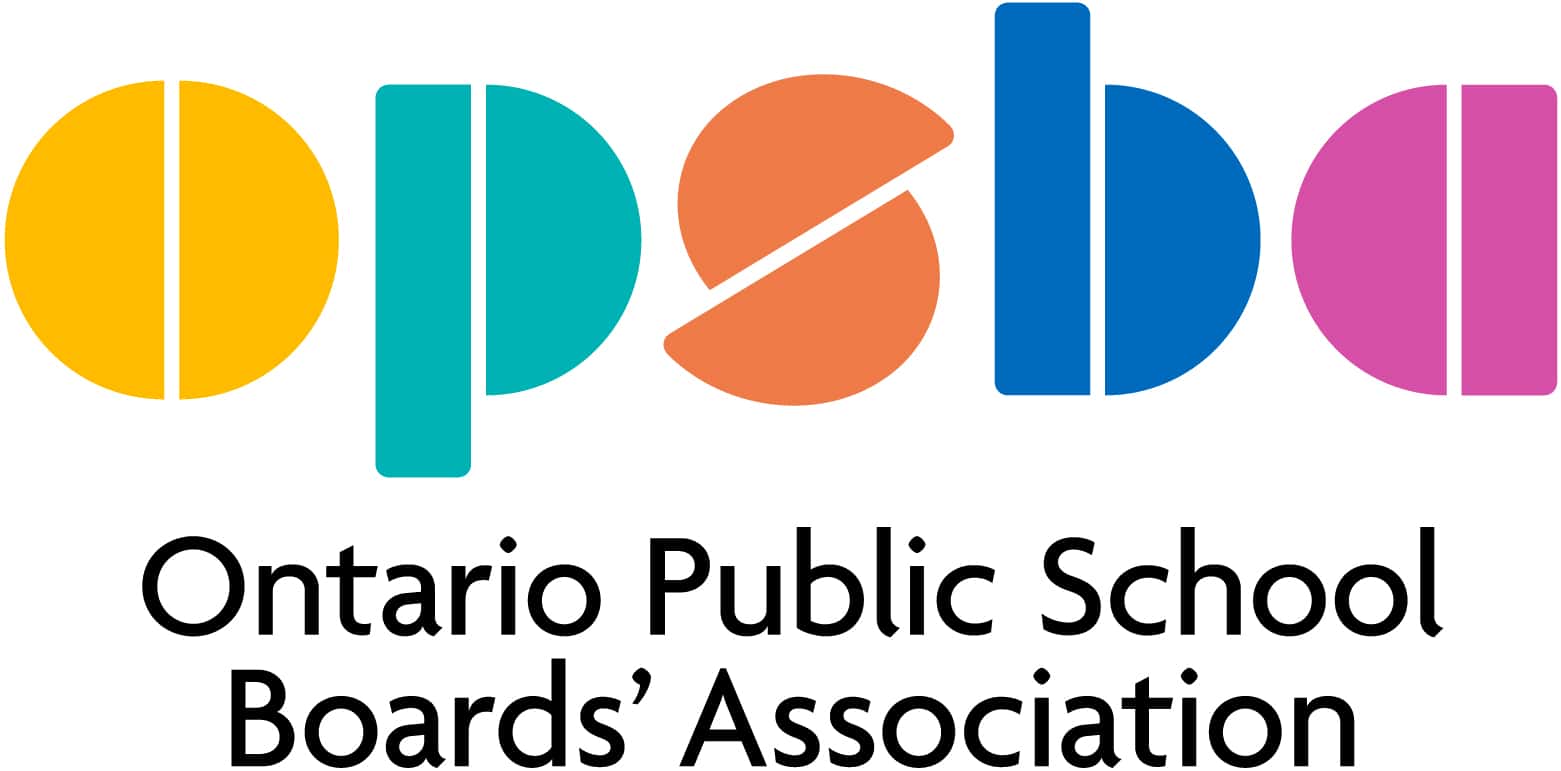
Toronto, October 3, 2011 – There isn’t an educator in this province who wouldn’t put mental health at the top of their list of issues affecting children and youth.
School principals are concerned they don’t have adequate ways to help students and families get access to services. They say the wait lists are incredibly long. The undisputed link between student emotional well-being and academic achievement makes this a profound issue.
It is harrowing for families when mental illness affects the child directly or through the suffering of another family member. While students spend the majority of their days in school, the sad reality is that few resources exist to prevent, identify and respond to emotional pain, anxiety and other threats to mental well-being.
Beyond the walls of the school and the family home, there is a great deal at stake as well for our society in terms of lost potential. One in 5 children suffers from some form of mental illness; if it is not experienced in our immediate family, it is in our extended family or in our circle of friends. Over 70% of adult mental illness starts in childhood and across Canada half a million people miss work every day because of it. So we invest now or we pay later. Mental well-being is everyone’s business.
Soon we will have a provincial election. This is a critical time for political parties and candidates to demonstrate understanding, compassion and commitment to issues that affect Ontario citizens. It is a time to ask candidates to tell us what they are going to do, not only to eliminate waitlists for children and youth mental health services, but to invest in a culture of mental well-being.
Families know deep change has to occur across the various government silos so that children and youth aren’t passed from one service to another and actually end up with no real service at all – nothing that makes a dent in their silent suffering, allows them to reach their full potential or become competent and confident members of their communities. We have to change the statistic that says only one in 6 children and youth actually get the help they need.
Schools offer an obvious place to renegotiate a more progressive conversation about mental well-being. Schools can and should be key community centres, part of a coordinated approach to helping families and their children navigate a direct path to services that are better funded and more easily accessed.
But schools need help to do this. They need mental health professionals on site and direct access to community services; they need teachers to be literate about mental health issues and supported in their efforts to build a caring, inclusive environment where the stigma of mental illness is eliminated, where children and youth can be well, can learn to cope and can build resilience.
Families also see the opportunities to work collaboratively with educators to ensure there are solutions that put children and youth at the centre of care. The participation of families will be central in inspiring and defining the transformation in mental health services needed in this province so that the right level of service for every child and youth is there at the right time – not just at times of crisis.
And it’s time for a new form of leadership. It’s time for everyone who can make a difference to start working together. At the Provincial level coalitions of education advocates, students, parents, and mental health professionals have joined forces and issued a united election “ask” for real and profound change in how we as a province deal with the growing epidemic of mental illness.
We know there is political will to find solutions for the challenges of mental health and to invest in the well-being of children and youth. Our challenge is to make sure this goes to the deepest level and creates a mental health model that is comprehensive, accessible and sustained. Mental illness is in many ways a last frontier for us, a startling realization when we know it is an issue that touches us all.
– 30 –
Catherine Fife
President of the Ontario Public School Boards’ Association
Sarah Cannon
Executive Director of Parents for Children’s Mental Health
For more information contact:
Jeff Sprang
OPSBA Communications
416-340-2540


